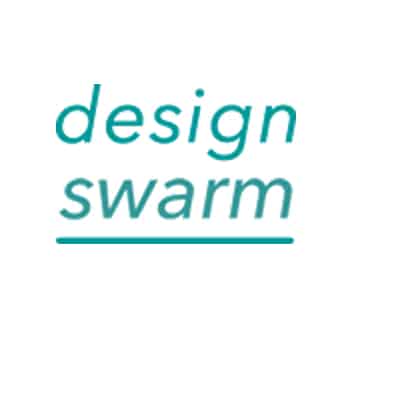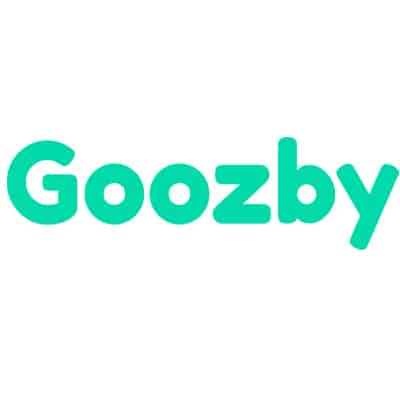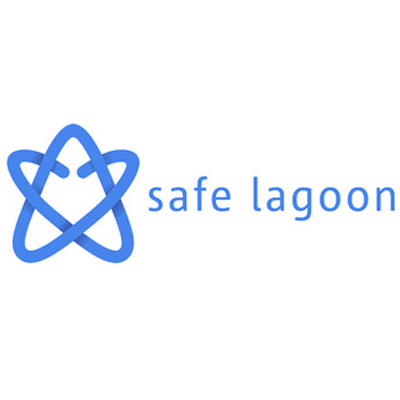
The Good Night Lamp was invented in 2005 and commercialised in 2015 by consultant and designer Alexandra Deschamps-Sonsino. Aimed at helping families connect more seamlessly, regardless of their technology literacy, it helps people synch up across timezones with a family of lights connected by GSM networks. Since 2016, it is part of the permanent collection of the London Design Museum as a key example of the internet of things along with the Oyster card and NEST thermostat.
Reason for nomination:
The Goodnight Lamp is a reflection of the pioneering work in the internet of things ecosystem that in the age of personal un-connectivity allows users to connect with one another for moments in time. It is an example of how the “internet of things” will improve people’s lives over time.
“HumanKind’s mission is to empower responsible technology consumption, to support mental and physical wellbeing.
Their first product, Goozby, is a digital trainer that guides young people to balance digital habits and be rewarded. Powered by behaviour science and AI to recommend healthy guidelines.
Backed by The Wellcome Trust and big impact company builder Zinc VC, and industry experts from Riot Games, Stripe, Unruly, Behaviour change and machine learning experts, and partnerships including Imperial College London and the kid led city Kidzania.”
Reason for nomination:
HumanKind’s Goozby app delivers positive social impact where young people are empowered to take control of their own digital experience from an early age. The AI driven tech is backed up by research (Imperial College London) and is an impressive example of the start-ups backed by Zinc VC which enables tech businesses that solve the developed world’s toughest social problems such as mental health.


Smart mobile devices continue their rise as the most popular technology used by children today and have become an integral part of growing up in our connected world. This adoption of technology has great positive impact, but unfortunately it has also created many new areas that parents need to pay attention to. One example is the enabling of a new delivery system for an old problem – bullying.
Cruel words and hurtful photos exchanged through social media, IM texts or SMS can result in emotional pain and stress for the victims.
Safe Lagoon created a comprehensive and intelligent solution for parents which automatically alerts them to potential issues. A single app that could address daily screen time management, finding the child on a map should they be out and about; to looking deeper for specific risky behaviour and understanding message context.
With steady 30% growth month-over-month Safe Lagoon is on track to be one of the go-to apps for parenting as children’s use of modern technology has become a significant part of their everyday lives.
Reason for nomination:
Making the new connected life secure for new childers is a key goal shared by MEF. Technology and real life learning can guide parents for a better online experience. Safe- Lagoon has mixed in its product artificial intelligence, behavioural algorithms, and contributions from leading specialists in child psychology and education to assist parents in handling issues and making sure that their children’s online experiences are as positive as possible.
MEFFYS 2019
Digital Life
Please vote for your favourite in the Digital Life Category

